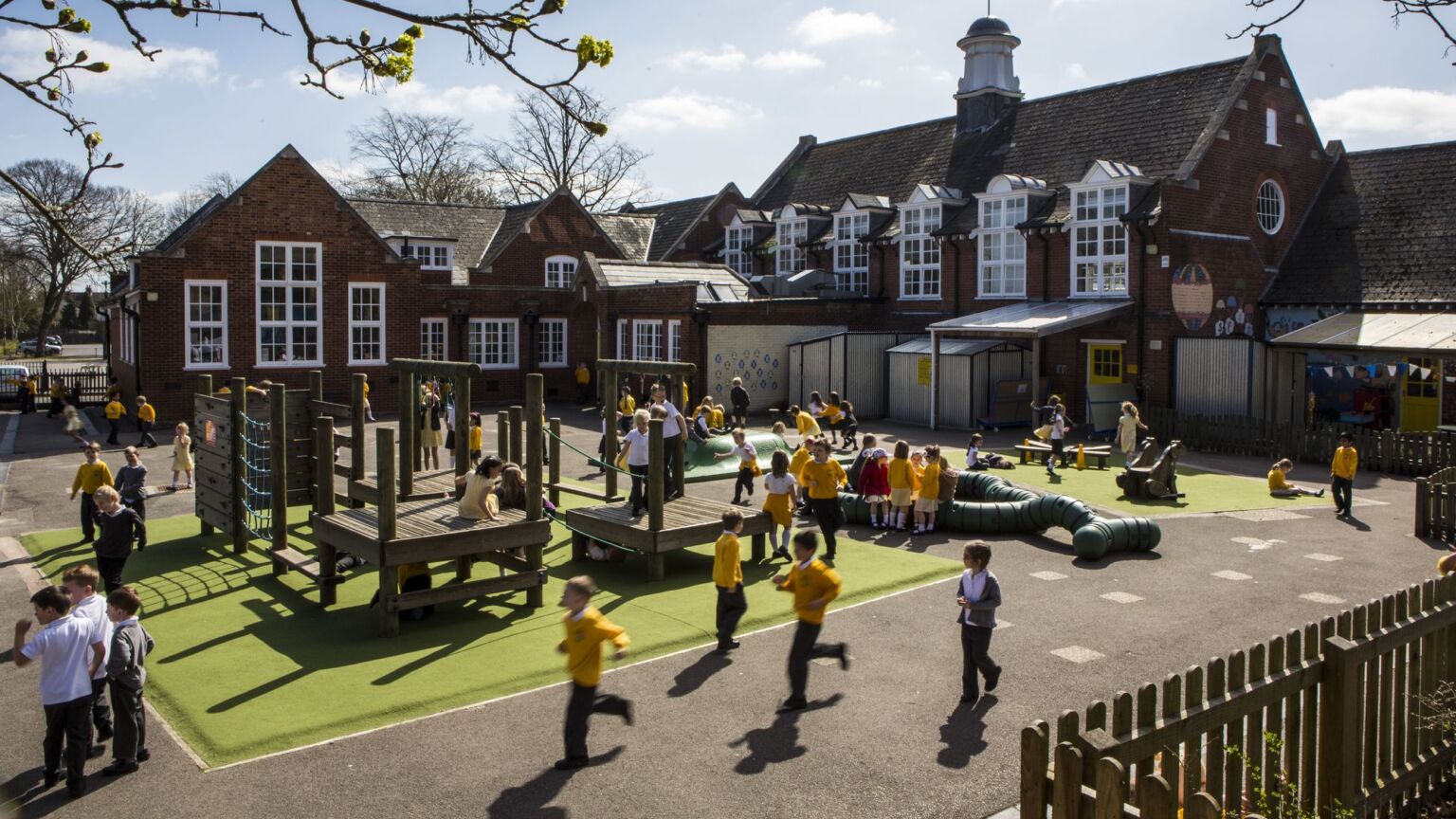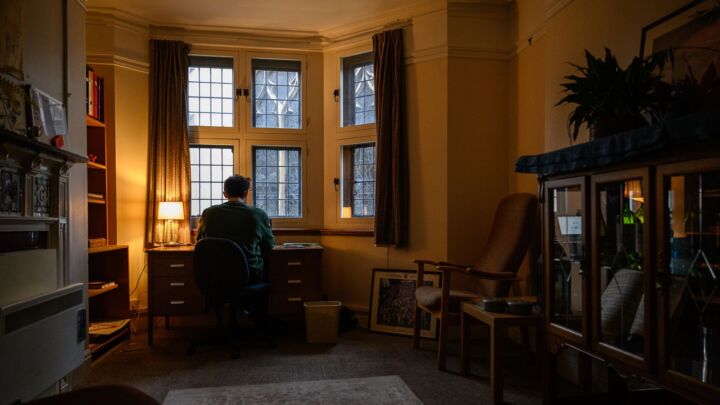Why are five-year-olds being reported for racism?
Teachers who see racism everywhere will undoubtedly find it.

Want unlimited, ad-free access? Become a spiked supporter.
The number of children in England suspended or expelled from school for racist behaviour has more than doubled since 2021. Over 15,000 pupils were sent home last year, compared with 7,400 three years ago. Incredibly, nearly 2,500 of these children were at a primary school and five of them were in reception.
For those unfamiliar with the English school system, children in reception are between four and five years old. Milestones for this age include singing songs from memory, telling the time and muddling through the phonetic alphabet without confusing a ‘b’ and ‘d’. The idea that pupils so young might comprehend their own language as ‘racist’ is, of course, more than a little absurd.
But then that is the fundamental problem here. Schoolchildren, some of them very young, are being treated as if they are adults. Their often clumsy use of a language they’re still learning is interpreted as carrying a clear and malicious intent.
No doubt some of the incidents involving secondary-school pupils recorded last year were of genuine concern. Year 8 (12- to 13-year-olds) has been crowned the ‘most racist’ year group. It is also the year group that appears to be having the most trouble with anti-social behaviour. It should not be surprising that these pupils in particular struggle with socialisation – they were among those whose most socially formative years were disrupted by lockdown.
But the bigger problem lies in how broadly racism is now defined. In 2021, the Daily Mail reported that children as young as five were being reported for exchanges involving describing classmates’ hair as ‘different’. One primary-school pupil was reported for using the word ‘chocolate’ when asked to describe a classmate’s skin colour.
spiked contributor Adrian Hart has been investigating racist incidents in primary schools since 2006. In a 2021 piece, he recalled learning about a pupil in Brighton who had been written up after a ‘fiery netball match’, during which they told a child on the other team ‘you’re going to get roasted, toasted and burned’. The school’s log notes explained that the remark could be ‘perceived as racist’ because ‘burnt’ is sometimes used as a racial slur. ‘Burnt’ is also a slang term for being beaten in a contest, sporting or otherwise – something the notes also conceded.
Teachers and the broader education establishment share much of the blame for this cynical interpretation of children’s interactions. Too many now entering the profession tend to prioritise so-called social justice over learning. One education expert told the Daily Mail that staff log racist incidents as a way of ‘covering their backs’ and ‘feel nervous’ if they don’t. Indeed, being able to point to a neat little list of supposedly prejudiced children on file means a school can prove that it’s ‘carrying out its duties under equalities legislation’ if it is so asked by Ofsted, the schools inspectorate.
School staff certainly seem to be warming to their task. Nine out of 10 primary-school teachers reportedly want more racial-sensitivity training to help them ‘spot microaggressions’. Which would undoubtedly lead to even more young kids being reported as would-be racists.
If any more evidence was needed to make the case for ousting racial dogma from Britain’s schools, this is it. Teachers should always seek to clamp down on bad and bullying behaviour. Genuinely racist incidents must be dealt with robustly. But branding as racist kids, who are still learning not to pick their nose, is just grim. Those looking to assign adult malice to small children are as deplorable as they are dense.
Georgina Mumford is a spiked intern.
You’ve hit your monthly free article limit.
Support spiked and get unlimited access.
Support spiked and get unlimited access
spiked is funded by readers like you. Only 0.1% of regular readers currently support us. If just 1% did, we could grow our team and step up the fight for free speech and democracy.
Become a spiked supporter and enjoy unlimited, ad-free access, bonus content and exclusive events – while helping to keep independent journalism alive.
Monthly support makes the biggest difference. Thank you.









Comments
Want to join the conversation?
Only spiked supporters and patrons, who donate regularly to us, can comment on our articles.